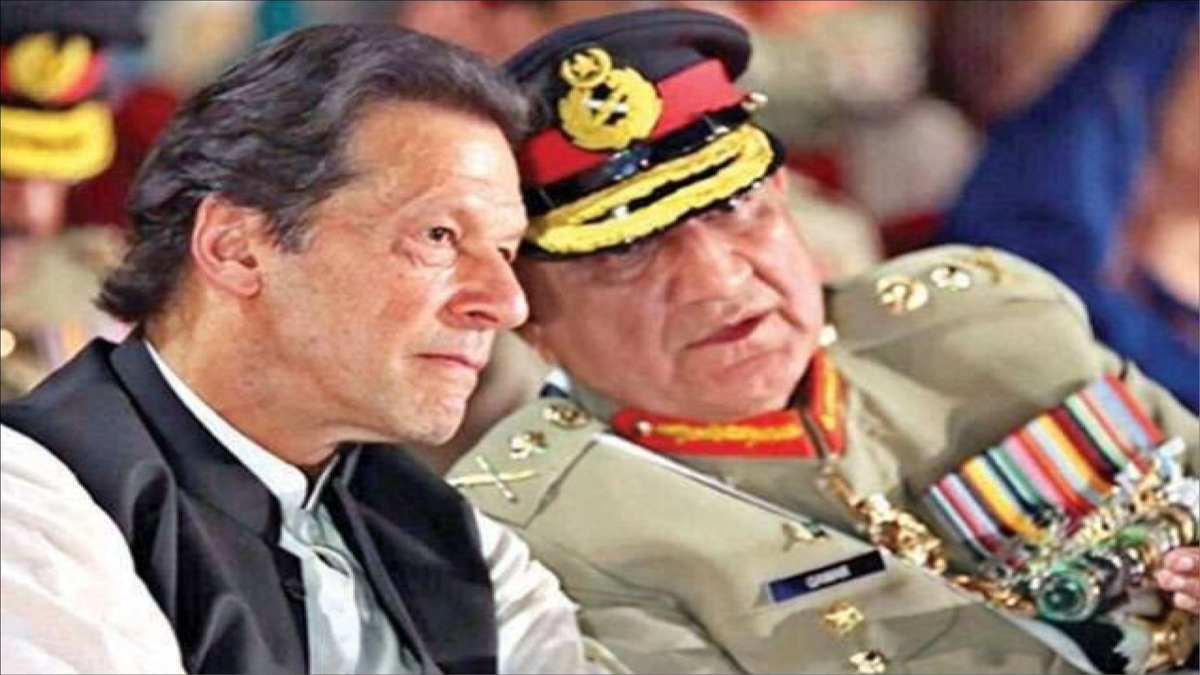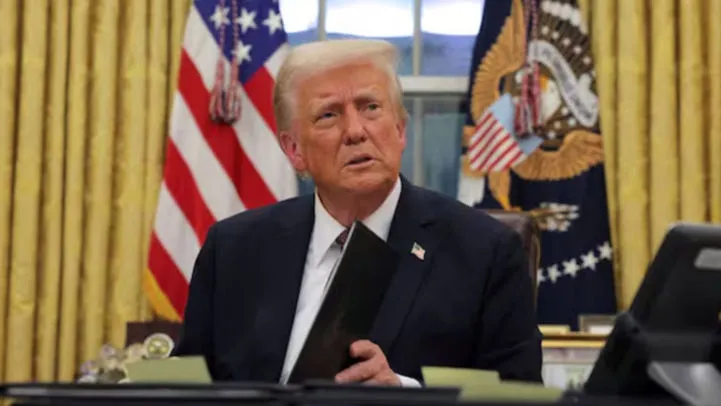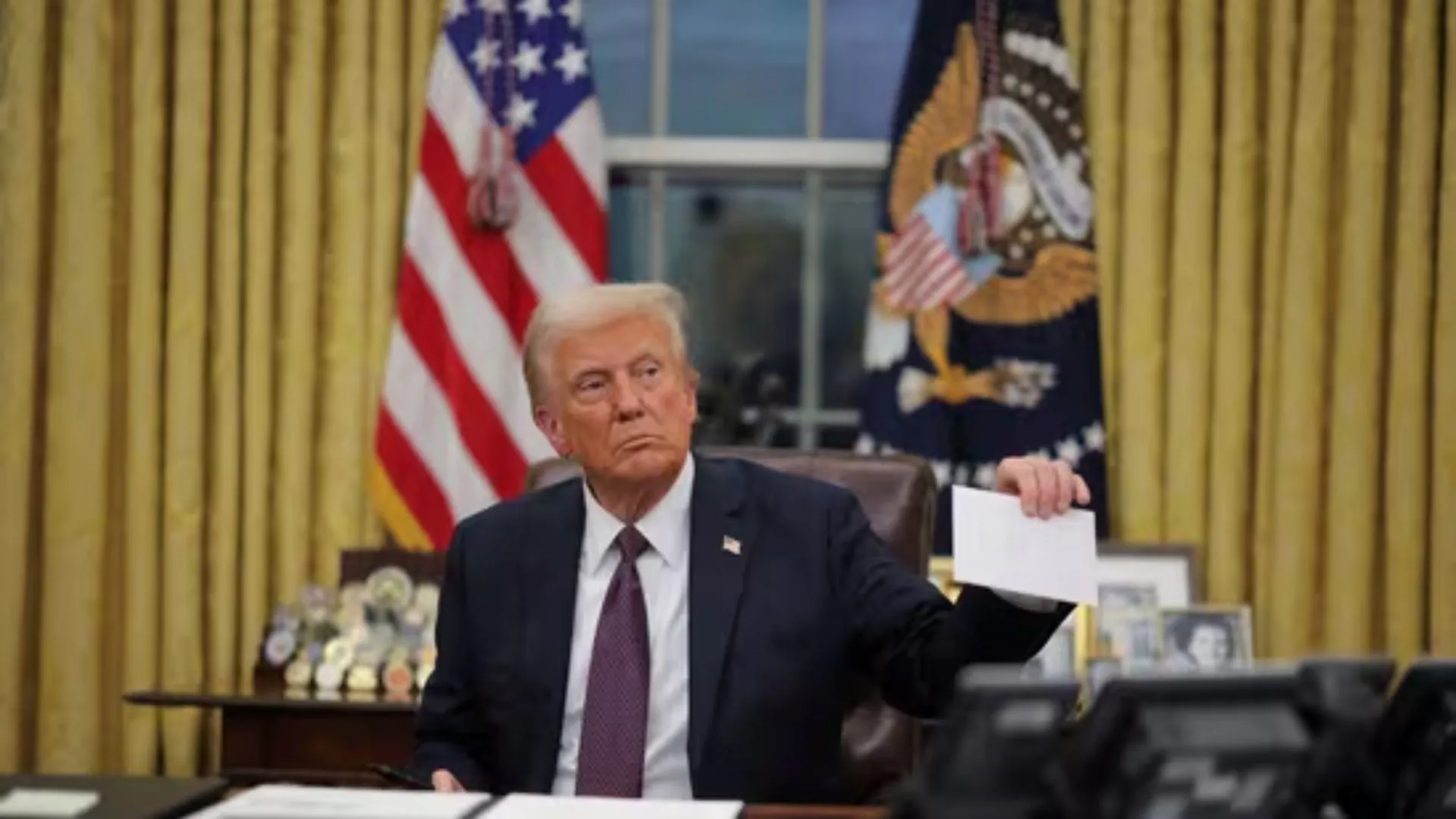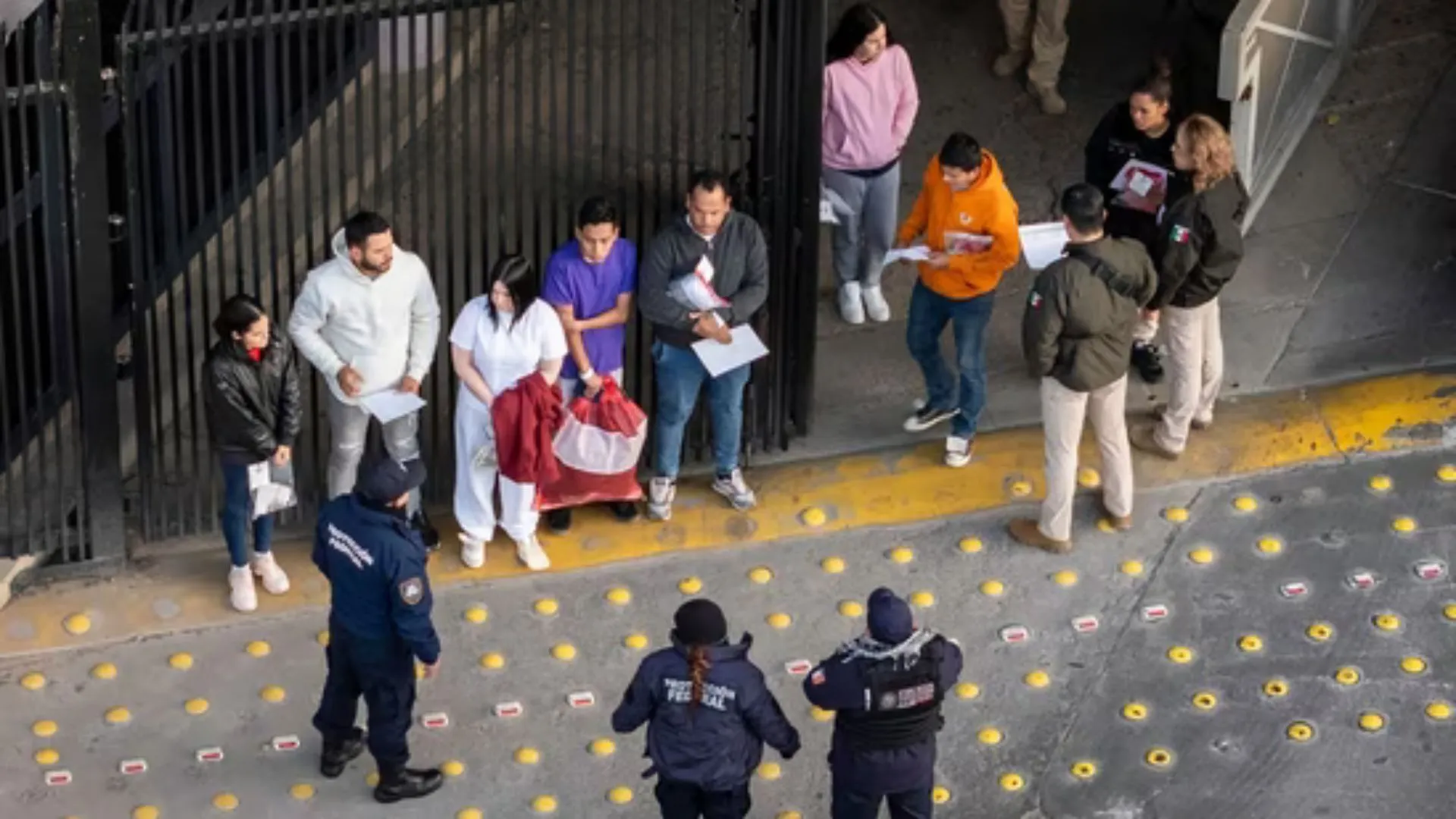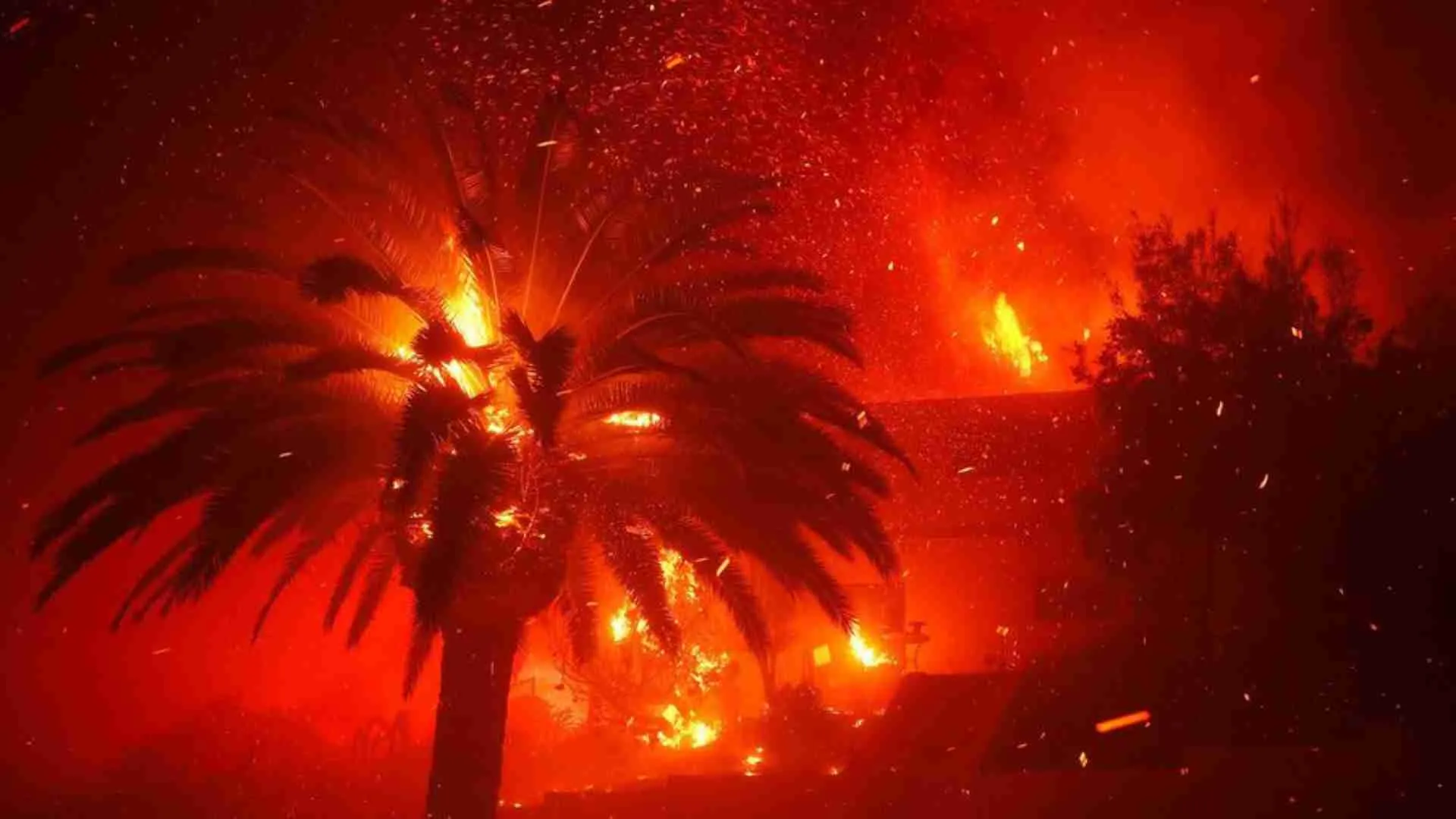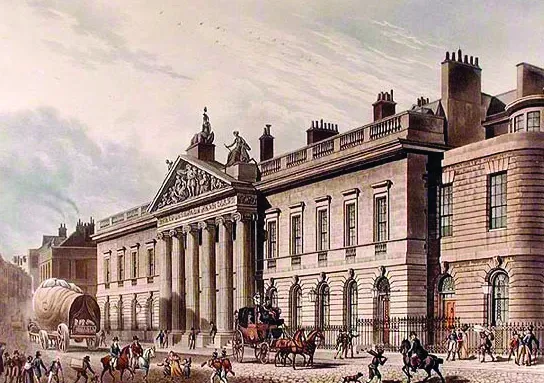After the LoC ceasefire, the next move in the India-Pakistan chessboard is the olive branch being extended to India. Pakistan Prime Minister Imran Khan spoke recently of the necessity of India taking the first step, the Kashmir issue being the lone irritant to better Indo-Pakistani ties and indicated grant of access to resource-rich Central Asia if there was peace. The Pakistani COAS says that peace will elude the subcontinent until Kashmir is resolved, and that it is time to bury the past and move forward. He also adds that the onus for meaningful dialogue rested with India by creating a conducive environment, particularly in Kashmir. (He does not want to bury Kashmir but wants us to do so!). The Pakistan Foreign Minister says that Islamabad wants co-existence and win-win cooperation and not be a part of any regional conflict.
My personal reaction is sceptical pessimism. Pakistan and peace? In 70 years, it has not found peace with itself. It should do that first. Peace with India is later. So, what should be our reaction? While peace is welcome, India should never forget that we are dealing with Pakistan which says one thing and does another. Secondly, India-Pakistan peace is Pakistan’s requirement. Let them make the play. Do not get emotional. Deal with them on realpolitik. The first question we must ask is what has caused this sudden change of heart? The second question and a very important one is: Whom are we going to talk with? The selected government without power? The real power—the Army—which is under the hammer? The people of Pakistan? Or with all of them? The third question is what should be our stand in any future Indo Pak dialogue? What is the end state we seek? Can we bury the past from Pulwama to Mumbai to the Parliament attack to all those other gory ones? How do you bury Pakistan’s present reality? When Pakistan builds a fence along the Afghanistan border, across which it has traditionally sought strategic space, there is a new phenomenon emerging. That new phenomenon is best expressed and understood by what Pakistanis themselves say.
ON CONSTITUTION
The Constitution is the supreme law and it can neither be suspended—not even for a minute—nor abrogated. Civilian democracy is the only form of constitutional governance; citizens’ fundamental rights have enforcement priority and any de facto domination or interference by the military establishment in our civilian democratic government is unconstitutional. https://www.dawn.com/news/1612470/culture-of-un-constitutionalism.
ON POLITICS
If the three main political parties have each failed to govern justly, efficiently and successfully the question arises: why? Apart from the prevailing political culture and specific failings of political leaders, the answer lies in the unconstitutional, undemocratic and obstructive structures of power that underpin a façade of democratic governance. The prevalence of “military security” over “human security” which undermines national security, national development and nation-building. https://www.dawn.com/news/1609666/saving-pakistan.
ON ARMY
The Constitution clearly defines the functions of the army, namely to defend Pakistan against external aggression or threat of war, and, subject to law, act in aid of civil power when called upon to do so… Even a cursory acquaintance with Pakistan’s history is enough to convey the extent of the military’s role in running the country, sometimes directly through coups that swept aside elected governments. At other times, it was enough to call the shots from behind weak civilian dispensations—the ‘civ-mil imbalance’ is a truism, not a figment of the imagination… The fact that several major civilian institutions and bodies are headed by uniformed personnel has further sharpened the perception of a ‘hybrid government’. https://www.dawn.com/news/1601200/militarys-role
ON NAWAZ SHARIF’S SPEECH
Nawaz Sharif’s no-holds-barred virtual speech at Gujranwala where he named names has once again shifted the battle lines: it is not the security establishment but its commander that is the target….It may not be the first time that the military leadership has been blamed for conspiring against civilian dispensations in this country, but Sharif’s tirade has more serious connotations. It is not a military ruler but a serving army chief against whom wrongdoing has been alleged. There has been no mincing of words. https://www.dawn.com/news/1586187/a-precarious-situation.
ON EXPLOITATION
For over 70 years, the country has alternated between authoritarian military regimes and ineffective elected civilian rule. But there have been no fundamental changes to Pakistan’s political power structure. A small power elite has dominated the country’s political scene under civilian as well as military rule…The extractive nature of the state institutions has stunted the growth of an inclusive democratic process. https://www.dawn.com/news/1598642/crisis-of-pakistani-democracy
ON BETRAYAL OF PEOPLE
Few people in the world have been so consistently betrayed by their leaders, governments, political parties and security institutions as the people of Pakistan. They have been lied to; denied basic human rights, dignity and entitlements; robbed of essential human development resources to finance elite priorities and lifestyles; induced to look to the hereafter for justice, etc. https://www.dawn.com/news/1596985
ON RISING PRICES
In FY21, import of wheat and sugar to control skyrocketing prices of the commodities have played a major role in fuelling the overall import bill. However, the increase in imports of wheat, sugar and palm oil failed to provide any price relief to the masses……Sugar price saw an increase to Rs90-95 per kg from Rs85 per kg in the last week of December, following continuous increase in wholesale prices. https://www.dawn.com/news/1602504/no-let-up-in-food-price-hike-despite-massive-imports. Today, the price of sugar in Pakistan is 105-110 per kg (30% jump in three months).
ON COMPARISON
The people of Bangladesh are better educated, healthier and wealthier than their Pakistani counterparts. Meanwhile, the former’s macroeconomy, as measured in GDP growth rates during the pandemic, foreign currency reserves and number of private banks operating in the country, is also far more stable and dynamic…the Bangladeshi state has, more or less since its inception, given greater priority to what we can broadly call ‘economic development’, and more specifically the health, education, employment and other human needs of its population. In contrast, the Pakistani state has dedicated a far greater chunk of resources to non-productive heads, defence most prominent of all. https://www.dawn.com/news/1613354/intertwined-fates
ON DEBT TRAP
We are not heading towards a debt trap; we are already in it. Last year…the country added Rs 4.3 trillion to its debt; that is equal to its total tax receipts. External debt went up by $17.8 billion over the last two years while total earnings from export are only $22bn or so. Our earnings from export have only grown by $6bn in 15 years while our external debt has increased by $78bn in the same period. So, what more of a trap do you need when every year your total indebtedness is increasing by an amount equal to your total tax receipts and when your foreign indebtedness has gone up by $17.8bn in two years, which alone is equal to 80% of your annual exports? https://www.dawn.com/news/1587425/depressing-outlook
ON CPEC
Never in Pakistan’s history has a project been peddled to the people as a game changer the way that the China-Pakistan Economic Corridor has been. The government is enthusiastic about the $60 billion worth of concrete carpeted highways, energy projects and special economic zones. Early harvest projects worth $19 bn have been completed, and CPEC is now in its second phase, the projects in its first phase have failed to usher in the level of prosperity that was promised to the people. https://www.dawn.com/news/1599988
ON STRATEGY
Any analysis of the emerging scenario must be firmly grounded in strategic realities rather than in wishful thinking… there is now growing strategic divergence between Pakistan and the US because of the development of the Indo-US partnership as an essential element of the US policy of containment of China, on the one hand, and the deepening cooperation between Pakistan and China on the other … factors which will influence US policy on Pakistan are India’s economic weight with a GDP of $2.6 trillion, its increasing global political influence …and its position as the world’s largest democracy …By way of comparison, Pakistan’s economy is in dire straits with a GDP of only $285 billion, there is political instability and its journey as a functioning democracy has been interrupted several times in the past… the increased presence of Americans of Indian origin in powerful positions in the Biden administration may reinforce the trend of deepening cooperation between the two countries, thereby upsetting further the strategic balance in South Asia to Pakistan’s disadvantage. https://www.dawn.com/news/1610267/headwinds-from-the-us
ON WATER SHORTAGE
In the last 27 years, the country has never met its entire Kharif demand: out of its 74.683 maf requisite, the country, on an average, has had 64.573maf… an average shortage of 14 per cent…For 10 out of the 27 years, the shortages were above the average of -14%. For eight years, they were 10% or more. This year, as omens tell us, the country may break the previous record, at least for the early Kharif season — unless abnormal and unexpected rains lash the country or steep rise in temperatures help melt glaciers or snow. https://www.dawn.com/news/1613271/situationer-yearly-reminder-of-water-woes
Never before in the past 2-3 decades has such internalised soul searching gone on in Pakistan. All these opinions are from Dawn, in which views are guarded and urbane. Imagine the discourse on the streets and nukkads. There is not a single aspect of Pakistan which can be termed positive. Add radicalisation, insurgency, FATA, Waziristan, PDM, TTP, Water Shortage, FATF sanctions, IMF loan and all the other myriad issues which confront Pakistan. The emerging picture is bleak, despondent and hopeless for any Pakistani. If the state of debilitation due to coronavirus is added, collapse and anarchy is very much on the cards. It is against this ‘desperate’ backdrop that this olive branch has been extended. Peace with India is Pakistani requirement and not ours.
WHY THIS SUDDEN CHANGE OF HEART
If Pakistan’s economy is to revive, its security enabled, health conditions to be treated and to get out of the clutches of China and US, peace with India is mandatory. There is no way anyone will bail out Pakistan. Climate change, lack of water, depleting exports and industry, lack of jobs, burgeoning population and separatist forces will never let the economy revive. The alternative is to become a permanent colony of China. Even then, Pakistan cannot handle the double trouble from Afghanistan and India together. It has to mend fences with one at least. The change in heart is for survival of the Army as the sole proprietor of the bankrupt state. They are on the brink and they realise it.
WHOM ARE WE GOING TO TALK WITH?
Imran Khan’s government is a dummy with no power. He is continuing since the Army has no alternative even though Bilawal Bhutto is being cultivated and has broken ranks from the PDM to some extent. If we talk with the Army, India will be legitimising its role. In such a case any accommodation is only transactional and tactical. At the first opportunity, the India hating Pakistani Army will strike back or renege. Till such time the Army helms Pakistan, any truce is temporary. India’s best bet is to open channels of direct communication with the people of Pakistan. At present this is possible and feasible through vaccine diplomacy. For example, free vaccines for any Pakistani at any of our BOPs, could be tried out. Similarly, free vaccines for any resident of POK should be made available and be a precursor for any talks. We can also start talking with the dissatisfied segments of Pakistani society who are outside Pakistan. Also start speaking to the opposition parties and movement leaders in Pakistan. Widen the scope and discussion. Overall, India must start communicating with all three layers—people, government and the Army.
WHAT SHOULD BE OUR STAND?
At the outset, we need to marginalise the Pakistan Army. I know it is a tall order. Stop treating Pakistan like a military state. As far as Kashmir is concerned, our stand is simple. Pakistan should vacate it and return POK to India. That is what abrogation of article 370 was all about. Was it not? Pakistan should stop constructing dams on Indus in violation of the status of PoK. Chinese presence should be nullified. CPEC projects in POK should be stopped. Terror infrastructure should be dismantled in a verifiable manner. Hafeez Sayeed and Azhar Masood should be handed over to India. If these conditions are not met, we need not speak. In any case romantic initiatives like ‘Aman ki Asha’ or allowing Pakistanis into Bollywood or IPL should not even be contemplated. Trade with CARs or Afghanistan can wait. Safety of nuclear installations should also be on the agenda. In all this, expect and be prepared for trouble or collapse or anarchy in Pakistan. Let us not make any mistake. It is always around the corner whether Bajwa or Imran Khan like it or not. Might happen anytime or never. Pakistan, like cricket, is full of glorious uncertainties.
END STATE
The end state that India seeks in any India-Pakistan dialogue or confrontation is restoration on ground the extent of the political map of India as per the provisions of reorganisation of the state of J&K into the Union Territories of J&K and Ladakh which was enacted in the Indian Parliament in August 2019. Till then, can there be peace? That is why the map of India is on the top.
Lt Gen P.R. Shankar was India’s DG Artillery. He is highly decorated and qualified with vast operational experience. He contributed significantly to the modernisation and indigenisation of Artillery. He is now a Professor in the Aerospace Dept of IIT Madras and is involved in applied research for defence technology. His other articles can be read on www.gunnersshot.com.

